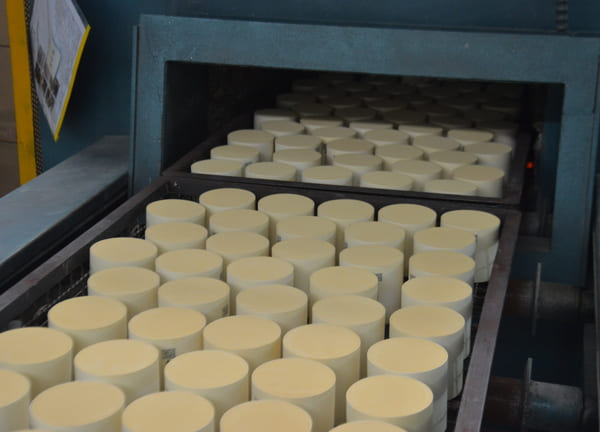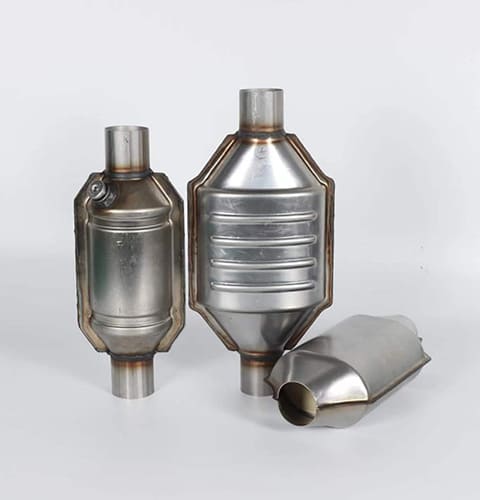Have you ever wondered about the implications of volatile organic compounds (VOCs) in your industrial processes? Are you seeking solutions that can efficiently tackle these compounds while aligning with your sustainability goals? If these questions resonate with you, then understanding the role of monolithic VOC catalysts may prove enlightening.
Monolithic VOC catalysts are a powerful tool in sustainable industrial practices. They work by facilitating the oxidation of VOCs, converting harmful emissions into less damaging substances like CO2 and water. This not only addresses environmental concerns but also helps industries meet stringent emission regulations, making these catalysts a linchpin in the journey towards sustainability.

Read on as we delve into the significant role that monolithic VOC catalysts play in building a greener and cleaner industrial future.
How Do Monolithic VOC Catalysts Work?
Monolithic VOC catalysts function by providing a large surface area for the catalytic oxidation of VOCs. They facilitate reactions between VOCs and oxygen at high temperatures, transforming harmful VOCs into less harmful substances. This method is known as catalytic oxidation or catalytic incineration. Here’s a resource from the US Environmental Protection Agency detailing this process.
Why Are Monolithic VOC Catalysts Essential for Sustainable Industrial Practices?
With environmental regulations tightening worldwide and the increasing emphasis on sustainable practices, controlling VOC emissions has become a pressing need. Monolithic VOC catalysts, with their high efficiency in treating VOCs, play a pivotal role in enabling industries to meet their sustainability goals and regulatory requirements.
What Industries Can Benefit From Monolithic VOC Catalysts?
Monolithic VOC catalysts are beneficial across a wide range of industries that deal with VOC emissions, including chemical, pharmaceutical, automotive, and manufacturing sectors. Any industry that involves processes releasing VOCs can leverage these catalysts to reduce their environmental impact.
What Are the Advantages of Using Monolithic VOC Catalysts?
Monolithic VOC catalysts offer several advantages over traditional methods of VOC treatment. They provide superior performance, are energy-efficient, and can handle high volumes of VOCs effectively. Additionally, the catalysts are durable, reducing the need for frequent replacements, and thereby lowering operational costs in the long run. Here is a study that explores these benefits in more detail.

Conclusion
As industries around the world strive towards sustainability, monolithic VOC catalysts stand out as a highly effective solution for VOC management. By adopting these catalysts, businesses not only fulfill their environmental responsibilities but also move closer to achieving a sustainable future. The time to make this smart, sustainable switch is now.


